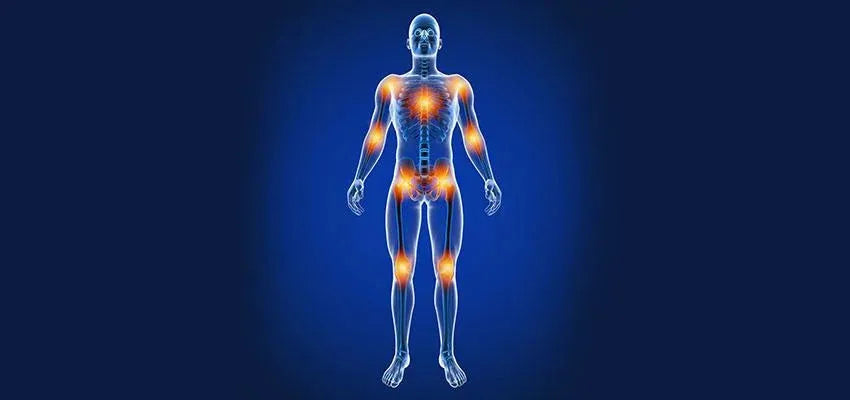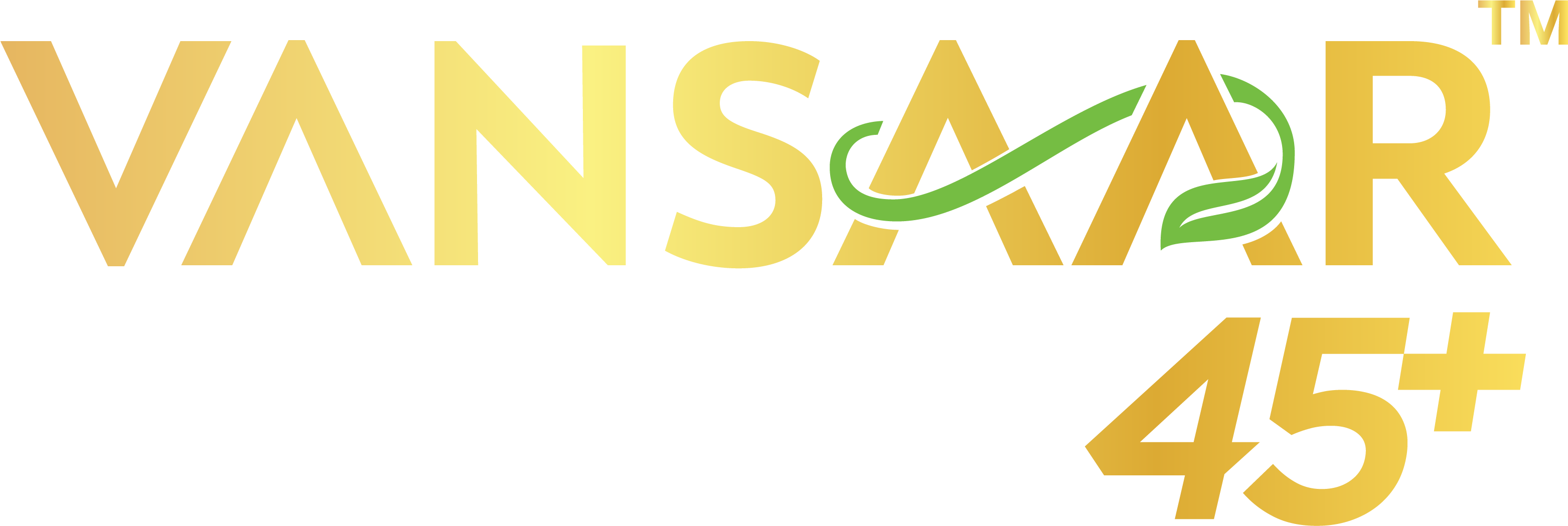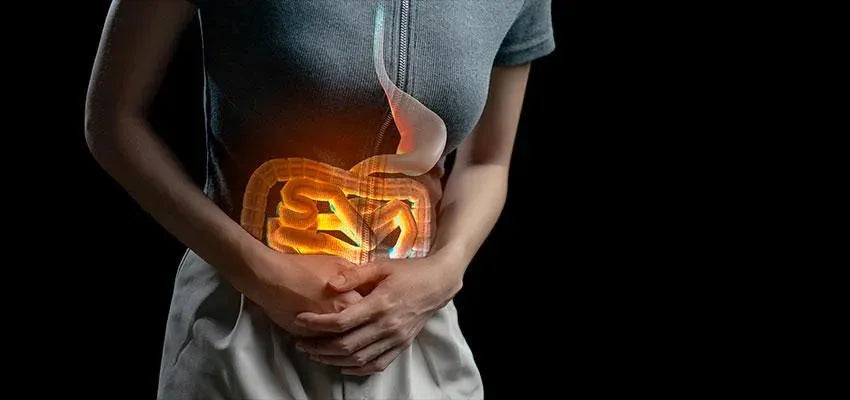
Effects of Aging on Body Systems/Functions
Weak bones, wrinkles, and grey hair are the most typical signs associated with aging. However, aging also affects other body organs such as the bones, heart, brain, kidneys, lungs, and teeth. We all know that aging is associated with body changes; while some are obvious, others are subtle. Let's look at how aging affects different body organs.
Effects of Aging on different body systems
Musculo-skeletal system/Bones:
Muscles, bones, and joints are all part of the musculoskeletal system. Muscles gradually lose strength, endurance, and flexibility as they age. As a result, it can impair an individual's coordination, stability, and balance. Furthermore, as people become older, their bones lose density, weakening them, and placing them at risk of osteoporosis and osteoarthritis. In addition, aging also affects the joints and makes them stiffer by decreasing the lubricating fluid in them, thereby limiting an individual's movement and flexibility.
Digestive system/Stomach:
The digestive system, a vital system that helps in the breaking down and absorption of the food that one consumes is also affected with increasing age. The digestive process tends to be less efficient with increasing age. It becomes slower, leading to constipation, gastric reflexes, heartburn, and other related digestive disorders.
Cardiovascular system/Heart:
Heart diseases become more common as you become older. With advancing age, the heart's performance deteriorates gradually. Blood arteries and arterioles lose their flexibility, and the heart chambers expand in size. As the arteries and arterioles become thicker with increased space within and less elasticity, it becomes difficult for older people to immediately adjust their blood pressure while changing positions, putting them at risk of dizziness or, in some situations, fainting.
Nervous system/Brain:
As people age, their cognitive abilities deteriorate. It undergoes changes that may have an impact on the memory and thinking skills of an individual. With time, older people find it difficult to recall a few names or incidents from their lives. It is generally associated with nerve cell loss in the brain. According to a few studies, there is about a 1% drop in brain size each year after reaching a certain age, as well as a 20% decrease in blood flow to the brain. All these factors have an impact on brain activity and increase the risk of stroke, vascular dementia, and other brain-related disorders.
Renal System/Kidneys:
As one ages, so do their kidneys. Kidney diseases are very common in individuals of any age. However, the risk of developing kidney diseases increases with advancing age; say 45 years and beyond. As one’s age increases, their bladder muscles lose elasticity, resulting in the need to urinate more often. This weakening of bladder muscles and pelvic floor muscles will make it difficult to empty the bladder completely or lose bladder control (urinary incontinence). In men, an increase in the prostrate size can also cause difficulty in bladder emptying and incontinence.
Respiratory System/Lungs:
An individual's respiratory system may be directly impacted by changes to their bones and muscles. The shape of the rib cage and the diaphragm (the muscle that supports breathing) might change as the bones grow stiffer and thinner. A weaker diaphragm may make it difficult to breathe enough air into and out of your lungs, whilst changes to the ribcage may make it difficult to contract and relax during breathing. As a result, the blood may have low oxygen and high carbon dioxide levels, thereby resulting in lung-related disorders such as hypoxemic respiratory failure. Furthermore, aging affects the air sacs in the lungs, causing them to lose form and become saggy.
Oro-maxillary system/Teeth:
Receding gums is a common problem in older adults, exposing the roots of teeth. As a result, the teeth and gums of an individual are more vulnerable to decay and infection from bacteria. A few common oral disorders that are seen in older people include gingivitis (inflammation of gums – early phase), bleeding gums, periodontitis (severe gum disease), dental cavities, and in rare cases oral cancers.
Integumentary system/Skin:
Skin and its derivatives make up the integumentary system of our body. It is the largest organ of our body that serves as a physical barrier between the external and internal environment and protects and maintains the inner organs of the body. As one age, their skin tends to lose its elasticity and becomes thin and fragile with low fatty tissue underneath. As a result, a decrease in the natural oils and easy bruising may be noticed, putting them at risk of developing dry skin, wrinkles, and age spots all over their body.
Reproductive system/Sexuality:
Sexual desires and needs change with increasing age. Men may experience impotence, whereas women may feel vaginal dryness that makes coitus (sex) uncomfortable. In addition, significant changes such as the gradual decline in fertility and fluctuations in the production of sex hormones are also noticed in older people.
Sensory system/Eyes and Ears:
Aging has varied effects on different people. It may have an effect on the eyes, causing issues with focusing and adapting to varied intensity of light. Light sensitivity and cataract (clouded vision) are relatively common diseases among the elderly. Furthermore, it may impair an individual's hearing ability, making conversation difficult.
It is apparent that aging affects an individual's body systems such as musculoskeletal, cardiovascular, endocrine, and other systems, thereby impacting their quality of life. This could be either due to a casual approach one takes towards their health or a sedentary lifestyle. Thus, seeking expert advice on how to overcome these challenges may assist individuals in leading healthier and more fulfilling life.


